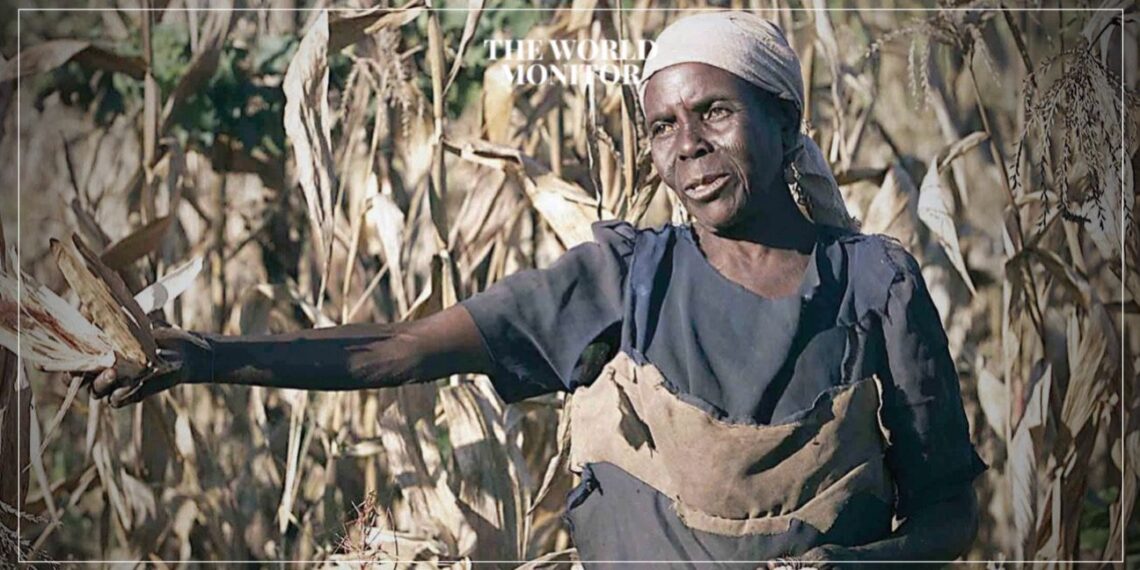After years marked by escalating conflicts, insecurity, and instability alongside worsening climate change impacts across various regions of the African continent, particularly in central and western parts, tens of millions of individuals find themselves under immense pressure to secure their basic food needs.
This dire situation has prompted the International Rescue Committee, an organization dedicated to humanitarian aid and international development, to warn that about 52 million people in West and Central Africa are likely to face significant food security pressures until next August, the critical lean months between harvest seasons.
According to this non-governmental organization, during this period, these individuals will be vulnerable to the risks of the third, fourth, and fifth stages of food insecurity, starting with severe food insecurity, progressing to critical levels, and culminating in famine.
The organization stated that efforts to enhance the resilience of communities exposed to these risks will pave the way for the urgent delivery of essential food aid to alleviate the looming malnutrition threats during the lean season, which typically prevails in the months immediately preceding the harvest.
Current data indicates a consistent increase in food insecurity in West and Central Africa over the past five years, with the situation worsening at present, resulting in a growing number of affected individuals in countries such as Burkina Faso, Mali, and Niger, which now approaches 7.5 million people compared to 5.4 million last year.
The international relief organization, based on an analytical study covering 17 countries in West and Central Africa, cautioned that conditions resembling famine threaten over 2,500 individuals in this region unless urgent measures are taken to avert this scenario.
Among the countries included in the study are Senegal, Mali, Burkina Faso, Chad, and Ghana. Its findings revealed that more than two-thirds of the areas analyzed fell into the third or fourth stage of food insecurity, warning of alarming levels of acute malnutrition among adolescents and women of childbearing age in these areas.
Furthermore, the results indicated that over 60% of households in West and Central Africa struggle to provide a healthy and nutritious diet for their members, leading to cases of acute malnutrition among children under five years of age in areas of Mali, Burkina Faso, and northern Nigeria reaching emergency levels.
Specifically in northern Nigeria, the prevalence rate of severe acute malnutrition among women aged 15 to 49 ranges from 11% to 31%, varying by state, according to a report published by the Down To Earth online platform, which focuses on environmental issues, economic security, health protection, and livelihood security.


